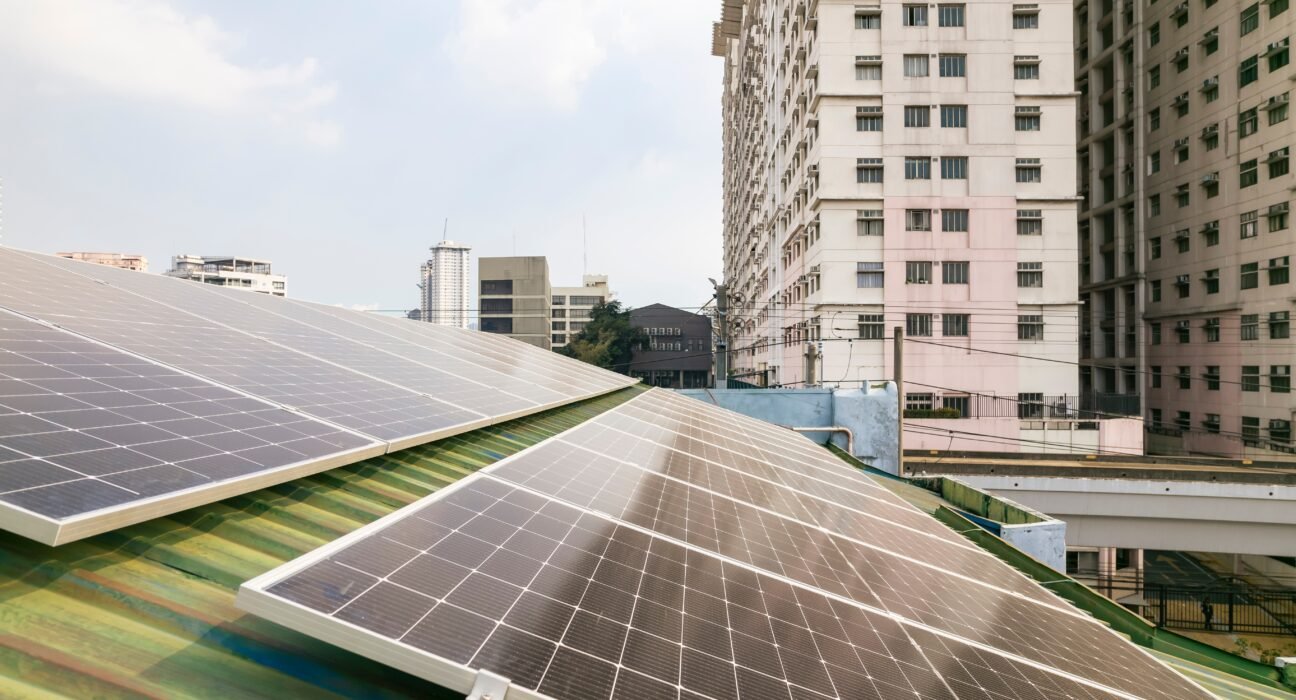To ensure that public utilities like electricity, water, and transportation are well-planned, operated, and regulated for the benefit of all stakeholders, it’s crucial to effectively represent the interests of end consumers, who are the most critical stakeholders. What consumers and the entire process don’t need is for a group of uninformed individuals to take on the role of guardians of consumer welfare and then carry out their self-assigned mission through immature publicity stunts.
P4P’s Campaign: Publicity Stunts and Advocacy
Regrettably, that’s the situation in the Philippines, particularly in the electricity sector. A group that seems uninformed calls itself “Power for People,” or P4P. It appears to be a mix of members from different left-wing party-list groups, individual low-ranking political candidates, and genuine idealists whose perspectives could contribute to the conversation if they hadn’t associated with the wrong group.
For months, P4P has been actively speaking out against the power industry and government regulators. They have inundated media inboxes with numerous superficial and poorly crafted press releases and have occasionally staged public demonstrations. The group strongly believes that significant energy corporations are harmful, and they advocate for the Philippines to rely solely on renewable energy for all its electricity needs, which should be provided for free. However, the group’s approach must be more nuanced and fully consider real-world practicalities.
The group’s persistent efforts to gain attention have occasionally been successful, particularly when local newspapers need to fill space in the business pages. However, essential entities such as the energy industry, policymakers, the regulator, and most of the public generally ignore them. Frustrated by this lack of attention, the group took significant action last week by filing criminal and administrative complaints against Energy Secretary Raphael Lotilla with the Office of the Ombudsman.
Legal Complaint Against Energy Secretary
In the filing dated July 18, P4P and the Sanlakas party-list organization accused Lotilla of violating Republic Act 3019, the Anti-Graft and Corrupt Practices Act, which is a criminal charge. Additionally, an administrative charge for “grave misconduct and conduct prejudicial to the best interest of the service” was filed against Lotilla. The complaint alleges that Lotilla’s approval of expanding the Therma Visayas Inc. (TVI) coal plant in Toledo City, Cebu, violated the 2020 moratorium on coal power projects in the Philippines.
Examining the TVI Coal Plant Expansion
TVI, a part of the Aboitiz Power portfolio, currently operates two units with 340 megawatts (MW) capacity. The company plans to add a third unit, increasing the plant’s capacity by another 150 MW. While considering the option of a natural gas-fired unit, Aboitiz decided another coal-fired unit was the best choice. Cebu could face a catastrophic electricity shortage without additional generation capacity in about two years. Constructing a new gas plant where none currently exists would result in higher consumer electricity costs. Although a new coal unit is not an ideal environmental solution, its negative impact can be mitigated. Importantly, it addresses the urgent need for more capacity as quickly as possible and at a reasonable cost.
The coal moratorium does not apply to the proposed TVI expansion because it is not a new project but an existing plant site expansion. The site already has a valid environmental compliance certificate (ECC) and has obtained the required permits from local governments and regional development council. In response to P4P’s filing, the Department of Energy (DoE) reiterated these points and expressed frustration at being criticized regardless of its actions. While the disappointment may not have been necessary, you can understand their perspective.
Reviewing the Legitimacy of the Complaint
Upon receiving the complaint filed before the Ombudsman, one would immediately seek to review the copy of the coal moratorium to ascertain any legitimate concerns behind P4P’s recent publicity drive. Upon careful examination of the document, it became evident that the complaint lacked a substantial basis. The parties behind the complaint, P4 and Sanlakas, may not have legal representation, as anyone with a basic understanding of the law would readily discern the lack of merit in the complaint. However, it has come to light that the secretary-general of the Sanlakas party list is an attorney, prompting a reconsideration of the initial assumption. The complainants may not have sought legal counsel with extensive expertise.
Understanding the Coal Moratorium: Facts and Clarifications
First and foremost, it’s important to note that the coal moratorium is not a law, executive order, or department order from the Department of Energy (DoE). Instead, it is a memorandum titled “Advisory on the Moratorium of Endorsements for Greenfield Coal-fired Power Projects in Line with Improving the Sustainability of the Philippines’ Electric Power Industry.” This memorandum was signed by then-energy secretary Alfonso Cusi and dated Dec. 20, 2020.
This memorandum contains a specific disclaimer stating, “Rest assured that this will be regularly assessed, and we will keep you informed of further developments on this matter.” The decision to comply with it rests with the energy secretary, as the Department of Energy (DoE) has full authority over the moratorium. While the DoE will likely strive to follow the memorandum as written because it is a sound policy, it also allows for reasonable flexibility in addressing current circumstances. If Secretary Lotilla chooses to do so, he has the power to revoke the entire memorandum with a simple signature, and this action would not violate any laws or administrative rules. In addition, it is even less controversial to authorize a non-greenfield coal project and to outline, point by point, how this authorization aligns with the provisions of a non-binding memorandum.
Energy consumers require effective advocates to hold policymakers, regulators, and the power industry accountable. Additionally, the country needs to transition to more sustainable sources of electricity. The challenges concerning accessible, affordable, reliable, and sustainable energy are complex and demand individuals with diverse perspectives to engage in critical thinking and collaborate effectively. Discrediting the entire concept of consumer interest through embarrassing behavior does nothing to further these efforts.


